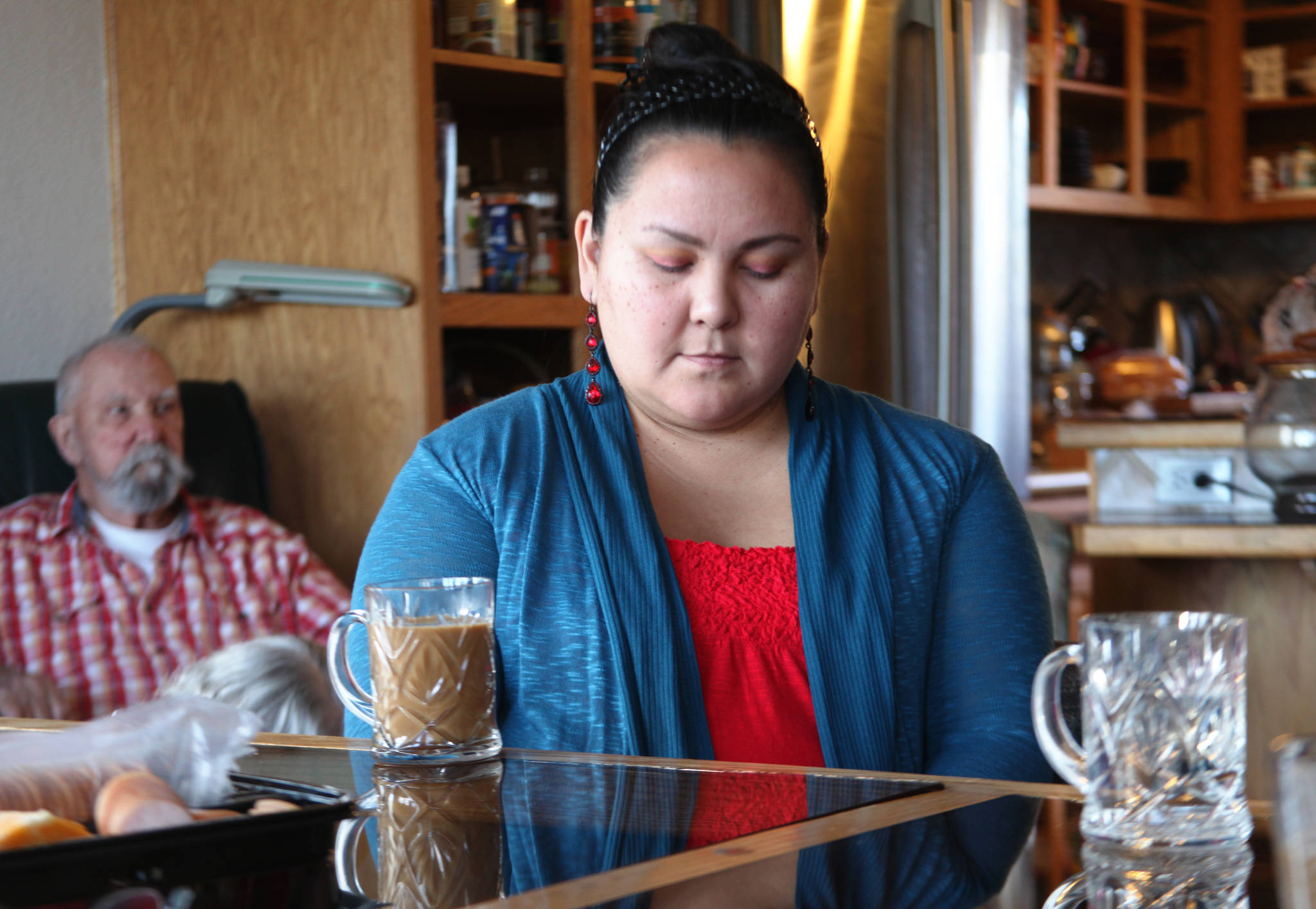Local members of the Bahá’í religion will gather Saturday at the Kenai Chamber of Commerce and Visitors Center to celebrate the 200th anniversary of the birth of the religion’s founder.
The 5 million–7 million Bahá’í worldwide are holding celebrations this weekend to honor founder Bahá’u’lláh, born in modern-day Iran in 1817. Local Bahá’í will hold festivities Saturday from 1–4 p.m. including music and food, painting rocks with symbols of virtues and a screening of the Bahá’í film “Light to the World.”
In 1863, Bahá’u’lláh first publicly announced the mission of ending national and ethnic divisions by founding a monotheistic religion that views the world’s other largest religions — Judaism, Christianity, Islam, Buddhism and Hinduism — as progressions of one revelation. The idea was as relevant to the world of 200 years ago as it is today, said Soldotna Bahá’í George Holly.
“Religions don’t just pop up and come about because someone had a good idea, but it’s a need and a response to social conditions of humanity,” Holly said. “So the great need of the time was this emerging global society: recognition that things don’t just take place within our own countries, they take place among our countries now, and there’s such an interdependence. There’s a bunch of issues we all have to face, whatever our religion or our culture.”
Though traveling Bahá’ís spent time in Alaska as early as 1905, according to the website of Alaska’s Bahá’í National Spiritual Assembly, a significant membership began growing in Anchorage, Fairbanks and Juneau in the 1930s and started to formally organize in 1943 with the election of the first nine-member Local Spiritual Assembly in Anchorage. Alaskan Bahá’ís have formed more than 60 Local Spiritual Assemblies — the smallest of the religion’s three tiers of organization — according to the Alaska National Spiritual Assembly website.
On the Kenai Peninsula, Holly said Bahá’ís began establishing themselves during during the post-World War Two homesteading boom of the late 1950s and early 1960s. In the 1970s, he said, the homesteading Bahá’í Iron family donated land near Soldotna to become the Ridgeway Bahá’í Center, where local members of the faith sometimes meet for activities, though their regular meetings are in members’ houses.
At the request of a local Bahá’í, Dena’ina writer and linguist Peter Kalifornsky made one of the first translations of a Bahá’í prayer into Dena’ina in 1975. Since then, Holly said “there’ve been been a number of translations in Alaska over the years, and for the most part they’ve been written by hand on loose pieces of paper.”
Kalifornsky’s translation was published in his 1991 book “A Dena’ina Legacy.” Holly has also made several translations of prayers and songs into Dena’ina and sees the work of preserving and promoting Alaska Native languages as part of his Bahá’í religious activity. Holly, an Athabascan raised Catholic who converted to Bahá’í as a young man, said he sees consistency between Bahá’í’s’ emphasis on unity and traditional Alaskan Native beliefs about humanity. A singer, he writes and performs music in Dena’ina.
“I see (language preservation) a little differently than some of my fellow workers who aren’t Bahá’ís,” Holly said, describing language as “not just a tool for carrying content.”
Working to revive languages that have been suppressed and are in danger of disappearing, he said, is also recovering spiritual ideas of those languages, and preserving for them of the unity of humanity that Bahá’ís seek. Cyndy Langmade, a fellow member of the local Bahá’í community, said her religion “elevates service to worship.”
“One of the things we believe is that any work we do in a spirit of service to mankind is worship,” Langmade said.
That can include passions like Holly’s work in music and language, or careers, like hers as a nurse and emergency medical technician. As part of her medical service, she travels regularly with a Christian mission group.
“When I practiced medicine, it probably looked a little bit different — I’d listen a little more, and probably recommend diet and exercise more, and certainly shied away from using opiates and that kind of thing long before it became unpopular to do,” Langmade said. “…I think of myself as a Bahá’í. I think my friends just think of me as a good person.”
Orthopedic surgeon and Bahá’í Byron McCord of Seldovia also makes yearly service trips as a United Nations Volunteer. Since he closed his surgical practice, these trips have lasted for up to a year, and most are to a government hospital in Malawi, an African nation with about 19 million people and “ten orthopedic surgeons, when I’m there,” McCord said.
In Seldovia, McCord — the only Bahá’í in town — will be renting the Sea Otter Community Center for a showing of the film. He’s presently handing out invitations to friends and acquaintances, inlcuding the pastor at the Christian church he also attends.
“I don’t feel awkward about doing that,” McCord said. “And I’m ok if people come or don’t come. I just think at the least they’ll have information.”
Reach Ben Boettger at ben.boettger@peninsulaclarion.com.

